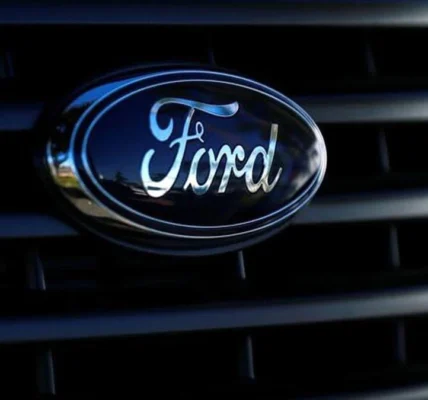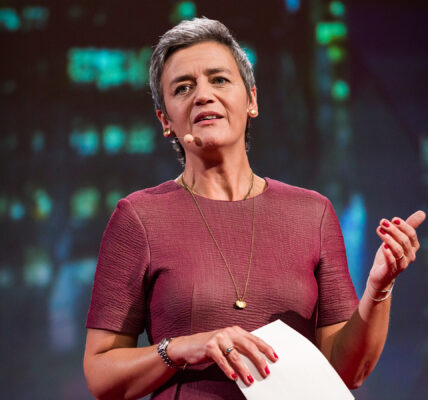Volkswagen Group’s sales of battery-electric cars more than doubled in Europe in the first quarter but fell by over a third in China, data showed on Wednesday, in a sign of the automaker’s diverging fortunes in the electric car market.
In a reversal of fortunes for Volkswagen and EV maker Tesla (TSLA.O), opens new tab, Volkswagen vehicles made up seven of the ten bestselling models in Germany in the quarter, according to data from the KBA motor authority, while Tesla’s Model Y dropped to seventh in the rankings from first after sales fell nearly 70%.
Tesla’s market share has shrunk even as the rest of the EV market picks up, as controversy over CEO Elon Musk’s support for far-right politicians and an ageing model line-up has stymied sales.
Volkswagen’s total sales fell 7.1% in China, where the EV market – which makes up half of sales – remains fiercely competitive, as new EV-only entrants swipe market share from foreign manufacturers.
German rivals Mercedes-Benz (MBGn.DE), opens new tab and Porsche (P911_p.DE), opens new tab have also reported a slump in China sales.
Volkswagen said it expected sales of its battery-electric cars to pick up in the coming months as it launches new versions of key models such as the ID.3 and ID.4X.
At the Shanghai Auto Show in April, the carmaker will premiere the first series production model of a new Audi brand to be launched this year, and showcase three VW electric models coming out in 2026, one by each of its joint ventures with FAW, SAIC, and JAC.
The SAIC model, an electric SUV, will feature a so-called range extender, a small combustion engine that can charge an EV battery, easing the worries of potential customers hesitant about the battery’s range.
In Europe, orders for Volkswagen vehicles, both electric and combustion engine, rose 29% in Western Europe compared to last year.
Battery-electric vehicle sales on the continent have risen substantially so far this year even as total car sales have fallen, data from the European Automobile Manufacturers’ Association has shown, as new EU emissions targets and the launch of new models drive demand after years of slow growth.
Sales in the U.S. rose 6.2%, in a possible sign of customers front-loading purchases ahead of the implementation of 25% tariffs on car imports.
Around two-thirds of the VW brand’s sales are cars made in Mexico, and all the group’s Porsche, Audi, and Lamborghini vehicles are imported from Europe, leaving it highly exposed to the unfolding trade war.








